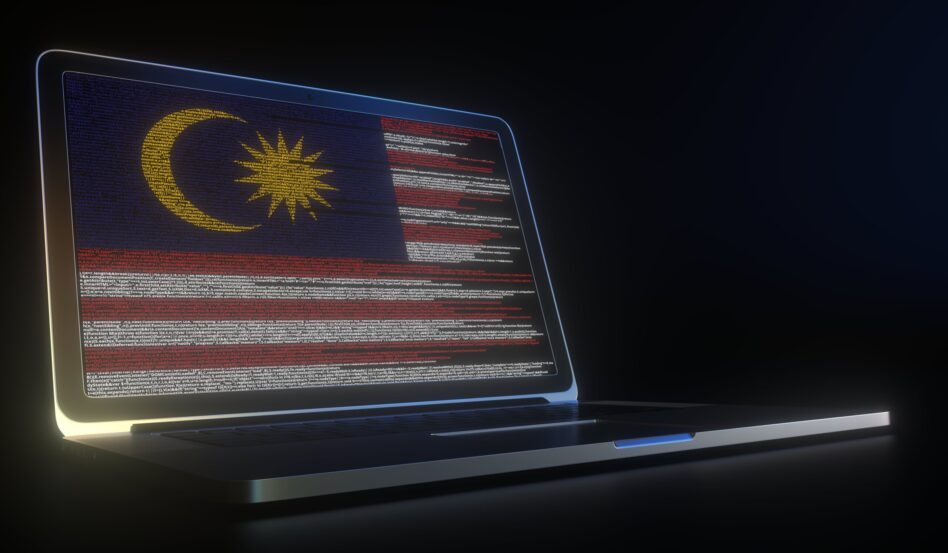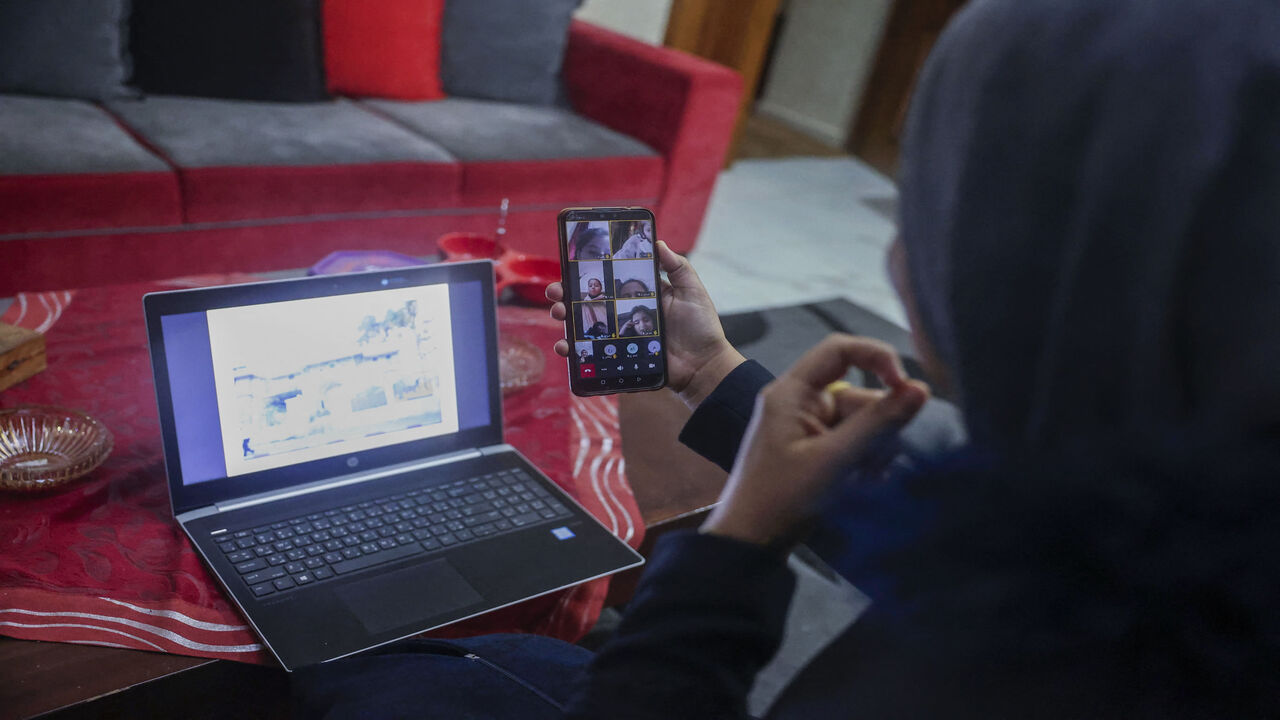THE dismantling of the Bangladeshi Radical Militant Group (GMRB) in Malaysia has brought into sharp focus the evolving nature of extremist threats facing the country.
This group, composed of 100 to 150 Bangladeshi nationals working in Malaysia’s labour sectors, had been secretly raising funds and recruiting on behalf of the Islamic State (IS) in Syria and Bangladesh.
According to Inspector-General of Police Tan Sri Mohd Khalid Ismail, members paid an annual RM500 fee, with additional voluntary contributions based on income levels.
These funds were transferred abroad using e-wallet apps and money transfer services, while WhatsApp and Telegram were used to recruit and coordinate activities.
Although Malaysia has long been seen as a stable and moderate country, the 2025 Global Terrorism Index (GTI) paints a more troubling picture.
The GTI reports that terrorist activity is again on the rise globally, with 66 countries experiencing at least one attack in 2024, up from 58 the previous year. Fatalities increased by 11%, signaling a reversal of the decade-long decline in global terrorism.
While Malaysia remains relatively low-risk compared to global hotspots, the presence of radical cells like GMRB reveals early warning signs that should not be ignored.
From coordinated cells to lone-wolf actors

One of the GTI’s most concerning findings is the rise of lone-wolf attacks in Western nations. Over the past five years, 93% of deadly attacks in those countries were carried out by individuals acting alone, often radicalised entirely online without direct contact with formal terror networks.
Although Malaysia has not experienced such attacks at scale, the underlying risk factors are present: increased access to extremist content, a polarised political environment, and a disillusioned youth demographic.
In the UK, minors made up 42% of terrorism-related arrests in 2024, often after exposure to radical ideologies in online communities such as Discord, Telegram, and even gaming platforms. Similar patterns are emerging in Europe and North America.
Malaysia must brace for the likelihood of ideology-driven individuals operating under the radar, radicalised not in physical camps but in virtual echo chambers.
Technology and the rise of digital extremism
The operational transformation of terrorist organisations is another critical dimension. Groups like Islamic State Khorasan Province (ISK) have embraced artificial intelligence, encrypted messaging apps, and multilingual propaganda to become digitally savvy and transnational.
These advancements allow recruitment, planning, and propaganda to flourish beyond physical borders and often undetected.
Malaysia’s high internet penetration, widespread smartphone usage, and young population make it a ripe environment for such digital infiltration. The anonymity offered by cryptocurrencies and encrypted communications allows extremists to operate with little fear of surveillance.
This necessitates a digital-first security response one that includes AI-driven content monitoring, cyber patrol units, and collaboration with major tech companies to remove harmful content.
Digital literacy must also be prioritised. Educating youth on recognising online radicalisation tactics is as vital as deploying cybersecurity infrastructure. Malaysia’s counterterrorism framework needs to evolve to match the pace and sophistication of today’s digital threats.
Lessons from the Sahel and South Asia
While the Western focus has shifted to lone actors, the Sahel region in Africa remains the epicentre of mass terror attacks, accounting for over half of all terrorism-related deaths in 2024.
The causes fragile governance, poverty, ethnic tension, and resource conflict also exist in varying degrees across Southeast Asia, including Malaysia.
The Tehrik-e-Taliban Pakistan (TTP) is now the fastest-growing terror group globally, with fatalities rising by 90% in 2024. Meanwhile, groups like Abu Sayyaf and Jemaah Islamiyah maintain historical ties and operational networks in the region.
Malaysia’s geography particularly its porous maritime borders in Sabah, Sarawak, and northern Peninsular Malaysia poses additional risks, especially in areas with limited state presence and socioeconomic disparities.
To prevent these regional dynamics from taking root domestically, Malaysia must strengthen cross-border intelligence sharing, upgrade maritime security, and increase governmental engagement in remote and vulnerable regions.
The youth factor: A battlefield of ideas

Perhaps the most urgent insight from the GTI is the increasing role of youth in global terror networks.
One in five terror suspects in the West is under the age of 18. Many are seduced by hybrid ideologies that blend grievances with extremist narratives. Malaysia’s youthful population, often digitally native and politically disengaged, is not immune to this trend.
Counter-radicalisation strategies must therefore extend beyond law enforcement. The Ministry of Education and the Ministry of Youth and Sports should be deeply involved in national security planning.
School curricula should be updated to include media literacy, critical thinking, and interfaith dialogue, equipping students to resist radical influences.
Additionally, Malaysia must enhance de-radicalisation and reintegration programs. Former extremists, particularly youth, need viable paths back into society.
Otherwise, harsh punitive measures risk fueling further resentment and isolation, potentially reinforcing radical beliefs.
A strategic moment for prevention
Malaysia’s current position on the Global Terrorism Index gives it a window of opportunity. Unlike nations already entrenched in extremist violence, Malaysia can still act preventively.
But the signs are increasingly clear: digital radicalisation, youth vulnerability, border security gaps, and ideological polarisation are growing threats.
The GTI 2025 is more than a data snapshot; it’s a strategic alarm bell. It shows that terrorism today is decentralised, digital, and disturbingly youthful.
Malaysia must respond with a forward-looking strategy that integrates technology, education, and cross-border cooperation. Waiting for a crisis to trigger reform would be a grave mistake.
The fight against terrorism is no longer confined to battlefields or training camps it is now waged online, in schools, and within fractured communities.
The time to act is now, while the threats remain preventable rather than inevitable. ‒ July 10, 2025
R.Paneir Selvam is the principal consultant of Arunachala Research & Consultancy Sdn Bhd, a think tank specialising in strategic national and geopolitical matters.
The views expressed are solely of the author and do not necessarily reflect those of Focus Malaysia.
Main image:









